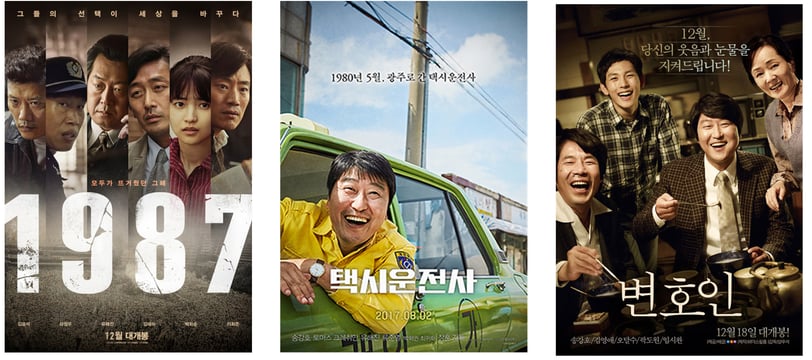2. Reel Politics, Real Reactions: Understanding the Psychology Behind Political Film Information Use
Why choose political films issues instead of political issues?


Many studies on Need for Orientation (NFO) have focused on political or election issues. But here's the thing: traditional NFO research didn’t pay much attention to people’s affective needs (i.e., the subjective satisfaction felt through consuming information). Moreover, in agenda-setting theory, media effects are typically measured by their impact on individuals’ cognitive attitudes (i.e., the strength of attitudes and opinions) and affective attitudes (i.e., the direction or tone of those attitudes and opinions). These two effects on attitudes are collectively referred to as second-level agenda-setting effects. In order to interpret these effects well, I argued that emotional motivations—fulfilled through consumption of information—must be taken into account.
So, in my study, I wanted to observe the affective, or emotional, aspects of NFO. To do that, I decided to take a different approach—bringing in the power of films, which naturally tap into a variety of human emotions much more than bland political coverage ever could.
Interestingly, when I measured South Korean's needs—or relevance—regarding political film issues, the average scores for all types were higher than the midpoint of the scale. What’s more, The highest-ranking types were surveillant and topical, suggesting that when it comes to media coverage of political films, people are primarily motivated by a desire to monitor society—and that they also find the very subject of political films genuinely interesting.
In the affective dimension, although the overall relevance scores were slightly lower than those in the cognitive dimension, two stood out: self and belonging. Self relevance reflects how closely an issue is tied to one's sense of self. In this case, it seems that many respondents felt that political film issues were deeply connected to their political beliefs, and, what’s more, they felt that politics, in general, could have a real impact on their personal lives. Interestingly, self relevance also was notably high in a later study conducted on cancer issues. However, unlike political films, this may be because cancer is strongly associated with mortality, which touches on the core of personal identity.
As for belonging relevance, I think it stood out because political film issues were perceived as widely discussed and followed by others. Many seemed to feel that, as members of society, it is important to care about politics. This was also the case in my later study on AI—where belonging relevance ranked high as well, possibly for the same reasons.
Additionally, one of the main goals of my study was to see whether the newly reconceptualized dimensions of NFO could be statistically distinguished and used in future research. The good news? The CFA (Confirmatory Factor Analysis) results were statistically significant—so the new framework held up!
For detailed findings, please refer to An & Lee (2019).
1987: When the Day Comes
Taxi Driver
The Attorney
Posters from the three films used as examples in this study. Each is based on real South Korean political events. If you haven’t seen them, I highly recommend them! (not sponsored)
Article Information
An, S. & Lee, G. (2019). Cognitive and Affective Dimensions of Need for Orientation: A New Approach to Devising Agenda Setting Effect’s Psychological Backbones. Korean Journal of Journalism & Communication Studies, 63(5), 367-399.
Seohyun (Gilly) An
Ph.D., Postdoc Researcher Communication & Media Research Center, Ewha Womans University
11-1 Daehyun-Dong, Seodaemun-Gu Seoul, Korea (03760)
© 2025. All rights reserved.